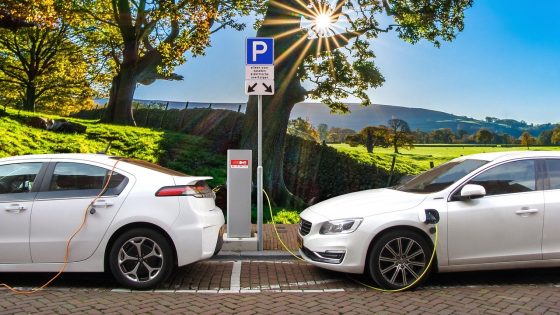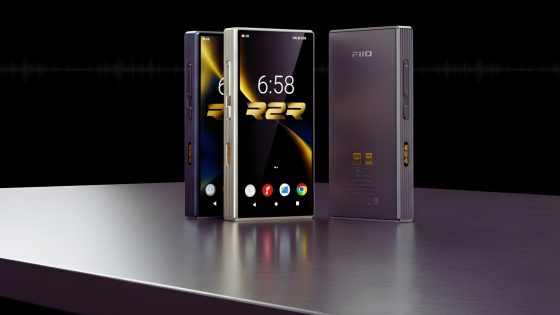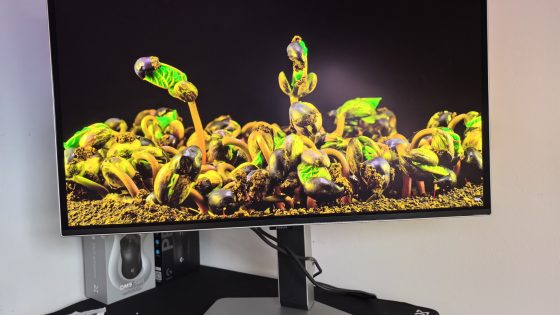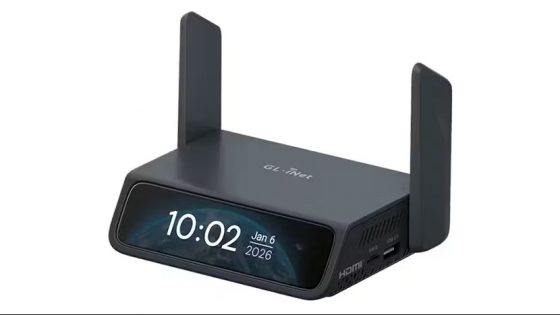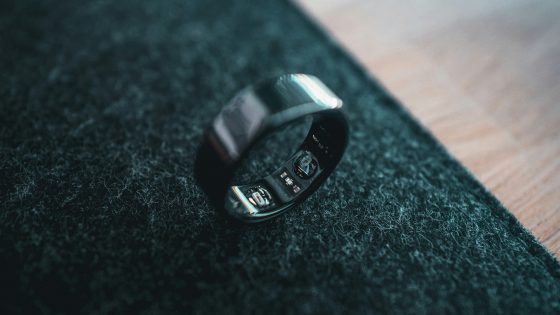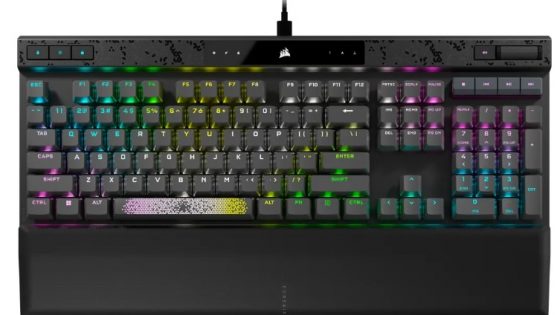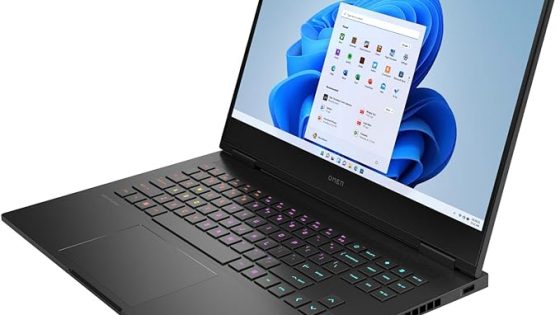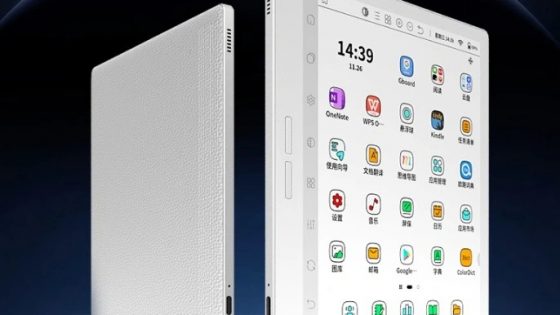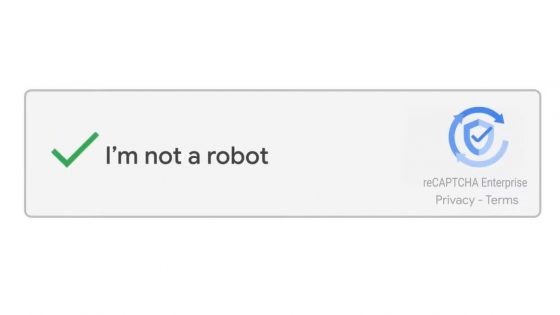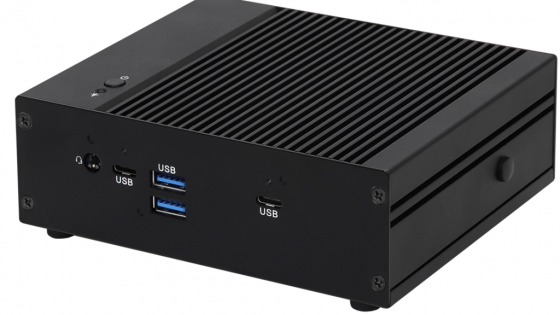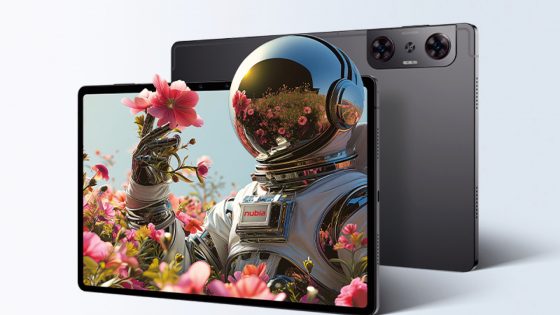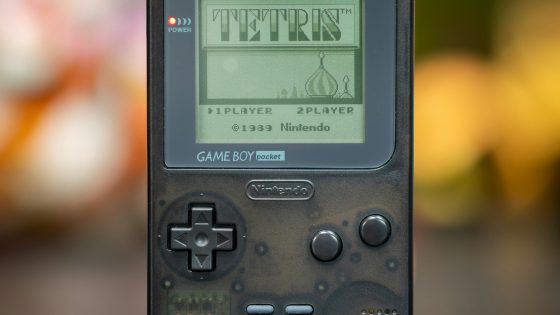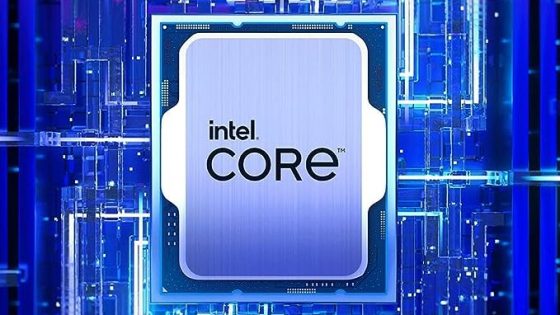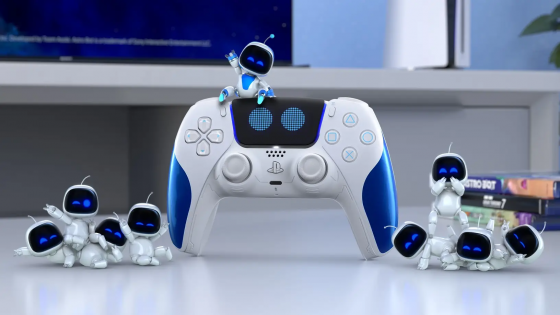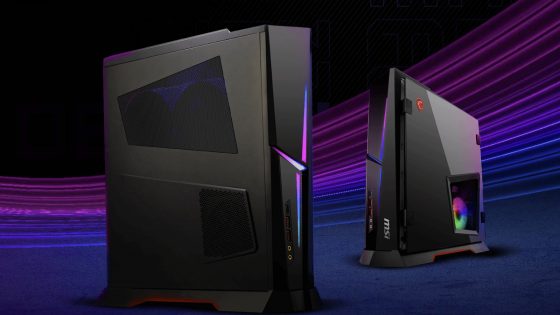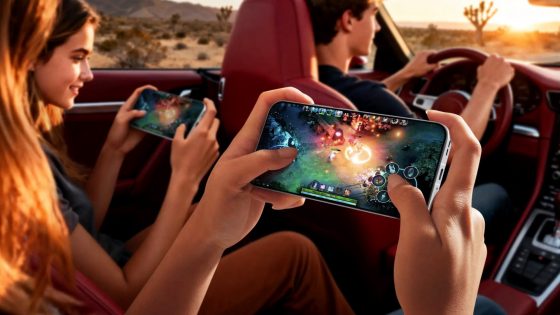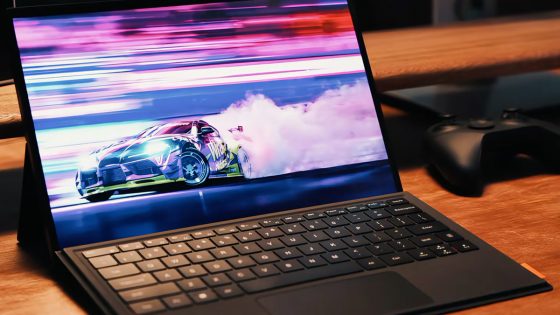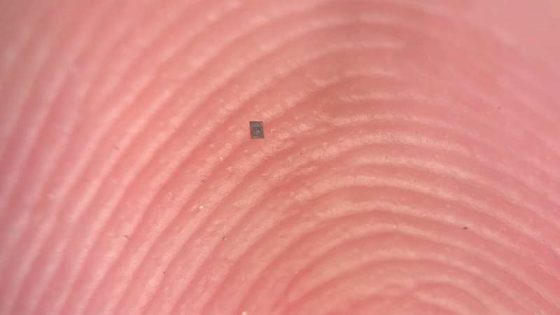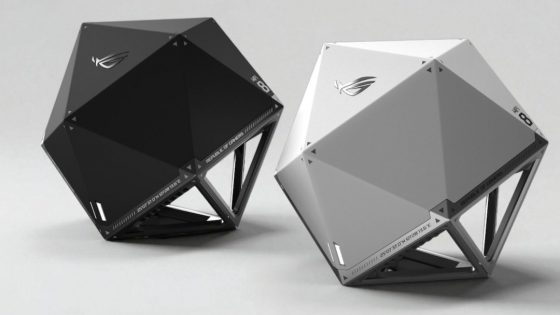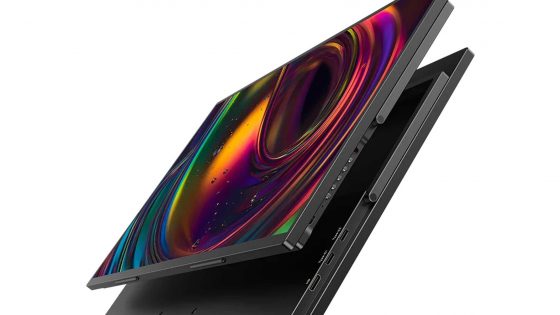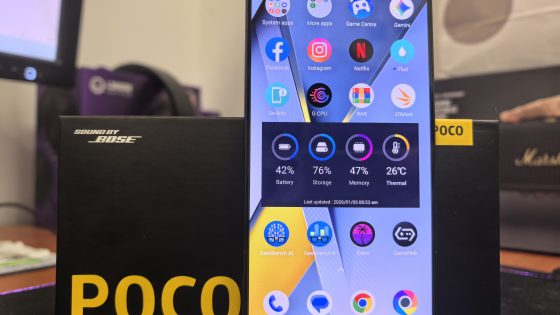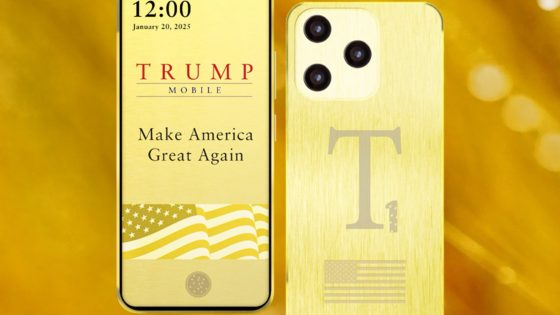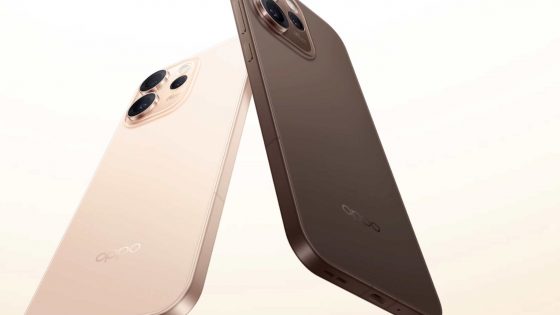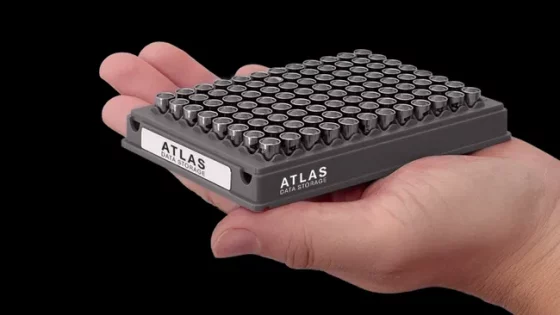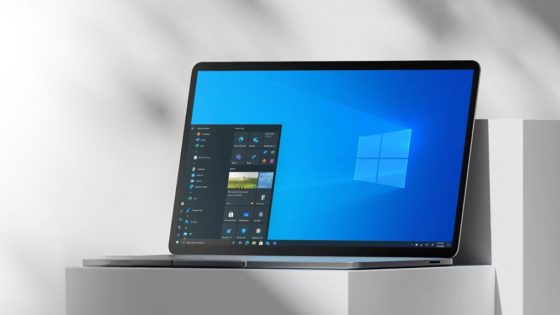Samsung's Galaxy Ring could sweep the competition
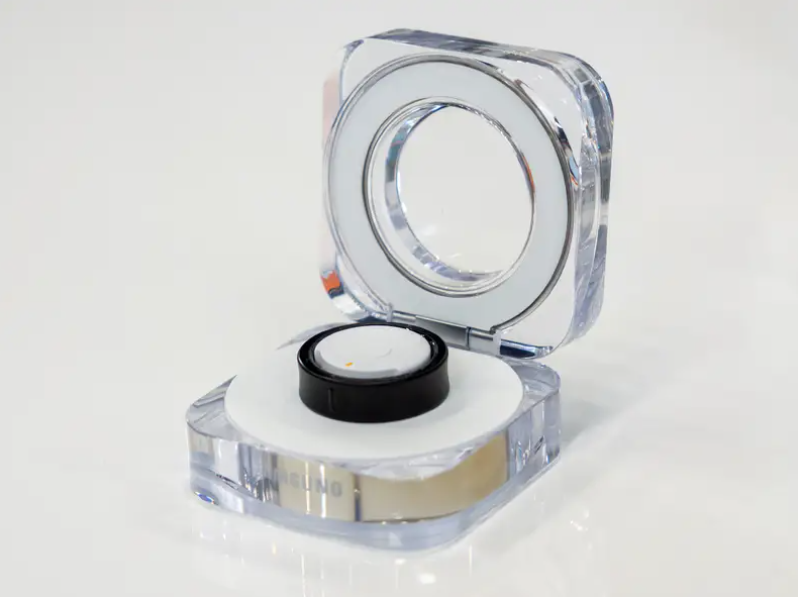
At first glance, the ring is nice, compact, but not too different from other smart rings on the market. In the initial phase, it will be available in three colors: gold, silver and black. All of them are built from titanium, but it is still difficult to judge how durable it is at the moment. So far, the Galaxy Ring is known to have 10ATM water resistance and IP68 certification.
During the test by The Verge portal, they found that the Samsung device is slightly more comfortable than the Oura Ring, which could be due to the slightly concave shape. Otherwise, the Galaxy Ring is 7 millimeters wide and 2.6 millimeters thick. With a weight between 2.3 and 3.0 grams, depending on the size, it is a light device, but it is not significantly lighter than other competitors. As for sizes, there are 9 available, from sizes 5 to 13.
While the Galaxy Ring doesn't stand out from the rest, as we can see in the video, the important difference is the charging box, which in the case of Samsung's device is futuristically seduced. We can see the transparent design and LED lighting. Not only does it look beautiful, the design is very practical. Some of the other rings, such as the Oura Ring and the Ultrahuman Ring Air, have a charging box in this area that can be easily lost. Samsung's patent can easily be carried with us if we run out of battery somewhere on the way. The full charge time is around 80 minutes, and the ring lasts six to seven days with one charge.
In the image below, we can also see a size comparison tool. However, if you know your ring size, it may vary and it is recommended to use the kit below. The exact size of the ring is also important for battery life. The smaller rings (sizes 5 to 11) last six days on a single charge, while the larger ones last up to seven.
:format(webp)/cdn.vox-cdn.com/uploads/chorus_asset/file/25523758/galaxyring2.jpg)
As for the technology used in the device, Samsung sticks to established and proven things. Like the Oura Ring and the vast majority of smart rings currently available, Samsung's is primarily intended as an alternative and more discreet option for a wearable device. If you happened to be expecting notifications or silent alarms like some of its predecessors, you'll be a little disappointed. There are no vibrations, LED indicators or anything like that. Sensors include an optical heart rate monitor, an accelerometer and a body temperature sensor. So we can expect monitoring of sleep, heart rate and activity. It is also worth noting that Samsung is preparing new metrics that will try to raise the user experience to a higher level with artificial intelligence.
Key UI features include “Energy Score” and “Wellness Tips.” The latter uses Galaxy AI to track a user’s well-being based on sleep, activity, heart rate during sleep, and heart rate variability. This is similar to other activity trackers that have appeared on devices in recent years. Based on all the data collected, the user is given personalized insights into their well-being, which is similar to what is available on the Oura Ring and other competitors. Other health features include cycling tracking, heart rate extremes, automatic exercise detection, and inactivity alerts.
:format(webp)/cdn.vox-cdn.com/uploads/chorus_asset/file/25523760/galaxyring4.jpg)
Like other smart rings, Samsung has also put a lot of emphasis on sleep. Users will get a summary of metrics in the form of a “sleep score,” which includes metrics such as sleep movement, breathing, heart rate, etc. Although smart rings are ideal for monitoring sleep quality, the Galaxy Ring will not receive FDA approval to detect sleep apnea. The ring also does not detect heart irregularities. This is currently limited to the Galaxy Watch smartwatch.
Now for the bad news for iOS users. Samsung Electronics America senior product manager Jeffrey Kim told The Verge that the ring is only compatible with Android. It’s also worth noting that the user experience will be best within the Samsung ecosystem. For example, the aforementioned “Energy Score” feature will only be available on Galaxy phones. The same goes for the “Find My Ring” functionality. If a user is wearing both a Samsung Galaxy Watch and a Galaxy Ring at the same time, the Samsung Health app will be able to detect and choose which device to take data from. If the user is running and the signal from the watch is clearer, the app will process the watch’s data. As a result, this saves energy for the ring.
Despite the limited time with the device, The Verge's test showed some very interesting things. The hardware part of the device is of good quality and despite the slightly higher price, Samsung did not decide on an additional subscription, as is the case with Oura. It seems that the success of the smart ring will largely depend on two factors: the accuracy of the measurements and the durability of the battery. If Samsung can pull this off while delivering what it promises in terms of specific ideas related to the ecosystem, it could very well take the lead in the smart ring category. If not, it still showed the ambitions and the direction in which the development of the devices could go.



